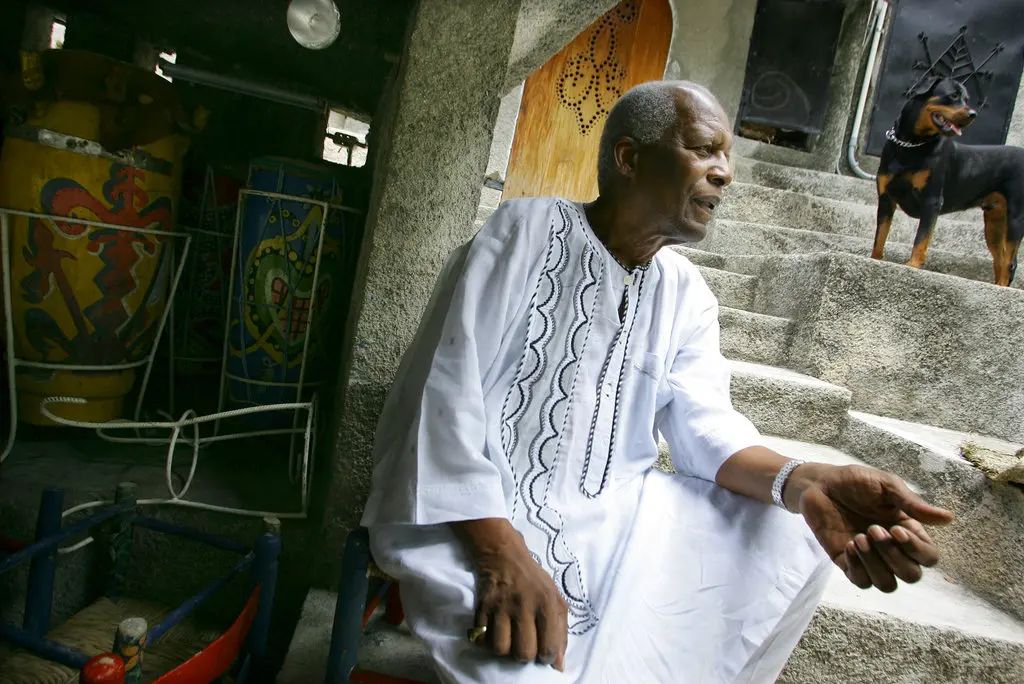The Haitian soul does not bend easily to the thin, brittle gospel of individualism. Its pulse beats elsewhere—deep in the communal embrace, where the self is always tethered to something greater. There is a proverb: Apre Bondye se latè—after God, the earth sustains us. But one might press further: Apre latè se Lakou. For the Lakou is not just shelter, not just home—it is memory, it is covenant, it is the undying rhythm of a people who have never truly been alone.
The Lakou is no accident of architecture. It is a philosophy, an inheritance, a quiet refusal of exile.
There is the Primordial Lakou, the root, the first gathering, where families stretch across generations and live, not simply as individuals, but as the keepers of one another’s stories.
There is the Lakou-Andèyo, where the land still hums with old rhythms, where hands till the earth and pull from it not only sustenance, but also the sacred wisdom of those who came before.
There is the Lakou Ginen, where the spirit is most alive, where the living and the dead converse, where Vodou stands not as superstition but as the bridge between past and present, the whisper of ancestors carried on the wind.
There is the Lakou Lavil, born of necessity, a city’s answer to a rural past that will not be erased. In the dense corridors of Bel Air, in the makeshift communes on the edges of Port-au-Prince, the Lakou survives—not in open fields but in clustered courtyards and unspoken vows of solidarity.
There is the Lakou-Bitasyon, where homes are built not in isolation but in clusters, because life is safer, richer, when lived in proximity to those who will hold you up when you falter.
And then there is the Lakou Dyaspora—not bound by land, not confined to any single place, but carried in the blood and bones of a people who, though scattered, remain one. The Lakou Dyaspora is not a memory of Haiti but its extension, a living, breathing space where the homeland reassembles itself in Brooklyn, in Miami, in Montréal. It is the maroon’s triumph, the exile’s redemption—a reminder that no border, no ocean, no decree of history can sever the ties that bind the Haitian spirit.
The Lakou is more than geography; it is an ethic, a way of being, a defiant stand against the doctrine of the solitary self. Where the world preaches the gospel of individual ascent, Haiti finds its salvation in something older, something truer: the shared life, the communal fate, the enduring promise of the Lakou.

- “Haiti has a Western veneer, with an educational system, courts and a government, but this has very little to do with the way things really work. We should stop being ashamed and recognize what we are: a country with an African social structure that revolves around the Vodou community. Vodou governs everything, our moral codes, the way we rationalize, eat, cure, and work the land. We have to find a Haitian answer in harmony with what we are.”

